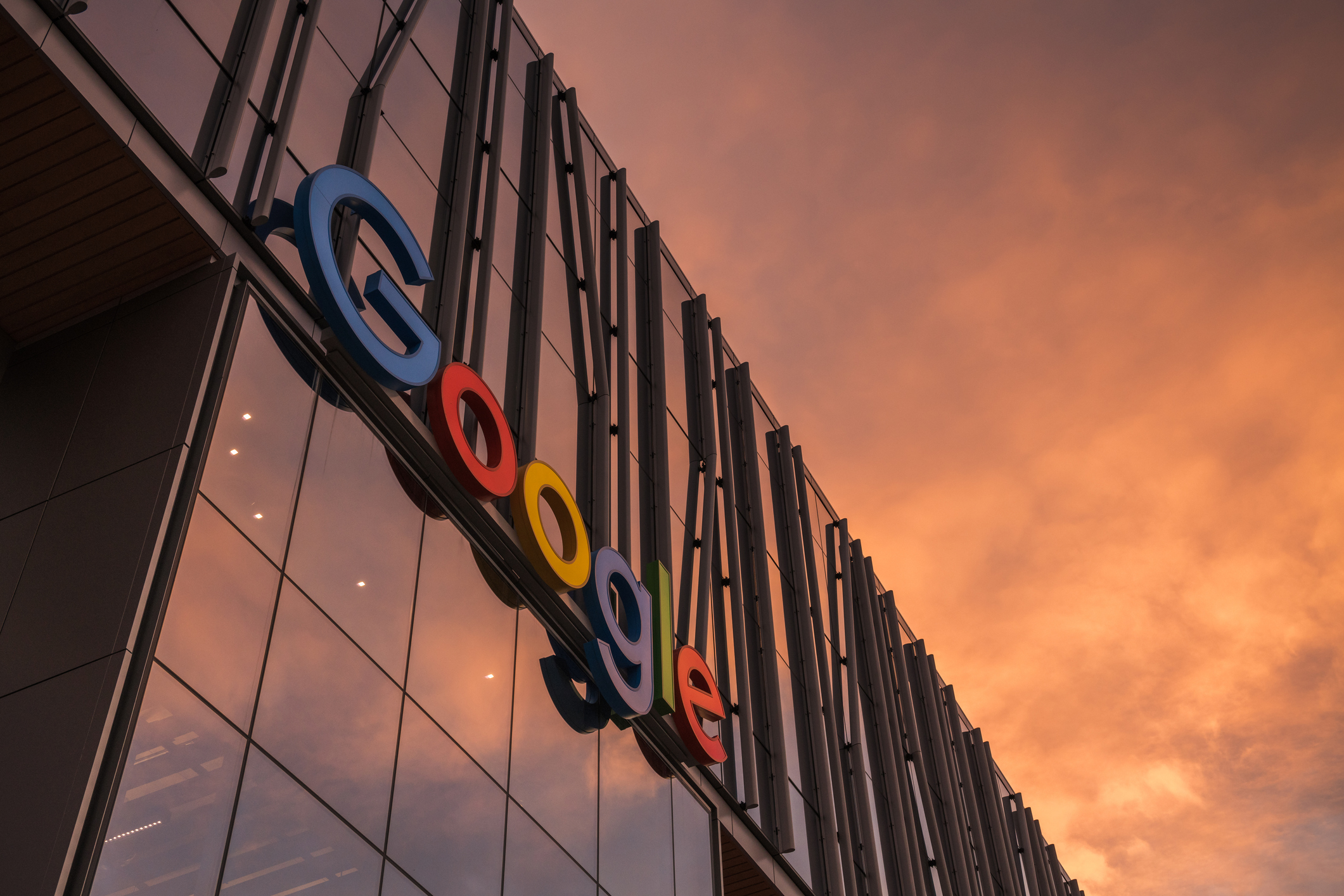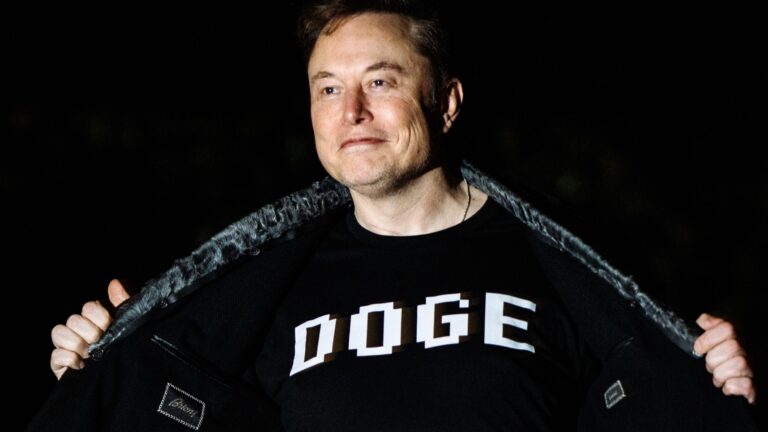This week, the European Union (EU) is preparing to lob yet another formal antitrust complaint against Google, Bloomberg reported. Charges could come with massive fines for Google, as the EU's European Commission follows in the US Department of Justice's footsteps and starts pushing back against Google's alleged advertising technology industry dominance.
The EU's charges, referred to as statements of objections, could be announced by Wednesday, Bloomberg reported.
These latest charges come after Google spent years battling and frequently bending to the EU on antitrust complaints. Seeming to get bigger and bigger every year, Google has faced billions in antitrust fines since 2017, following EU challenges probing Google's search monopoly, Android licensing, Shopping integration with search, and bundling of its advertising platform with its custom search engine program.
But ad tech drives most of Google's revenue, Bloomberg reported, with its ad revenue comprising about 80 percent. And impressively, Google's ad revenue has continued increasing, even as online advertising competition has become much stiffer, the policy research organization the Center for Strategic and International Studies reported. In 2022, Google's ad revenue amounted to nearly $225 billion, Statista reported.
Speaking anonymously, people familiar with the matter told Bloomberg that the EU's latest charges will "target the core" of Google's ad tech business model." One source told Bloomberg that this will become the "most significant" antitrust charge the EU has yet to throw at Google.
Google did not immediately respond to Ars' request to comment.
Why is Google’s ad tech under fire?
Earlier this year, the US Department of Justice (DOJ) announced that it had "filed a civil antitrust suit against Google for monopolizing multiple digital advertising technology products." That lawsuit alleged that "Google monopolizes key digital advertising technologies," which "website publishers depend on to sell ads and that advertisers rely on to buy ads and reach potential customers."


 Loading comments...
Loading comments...
